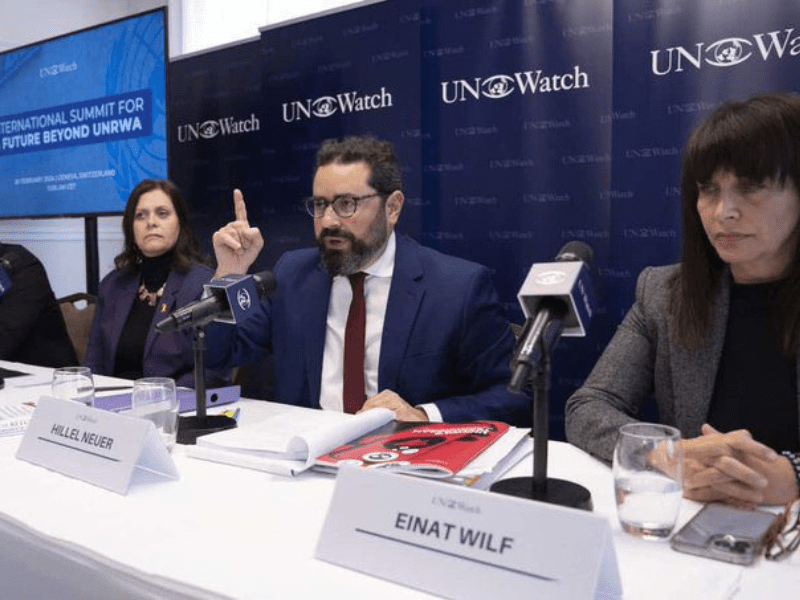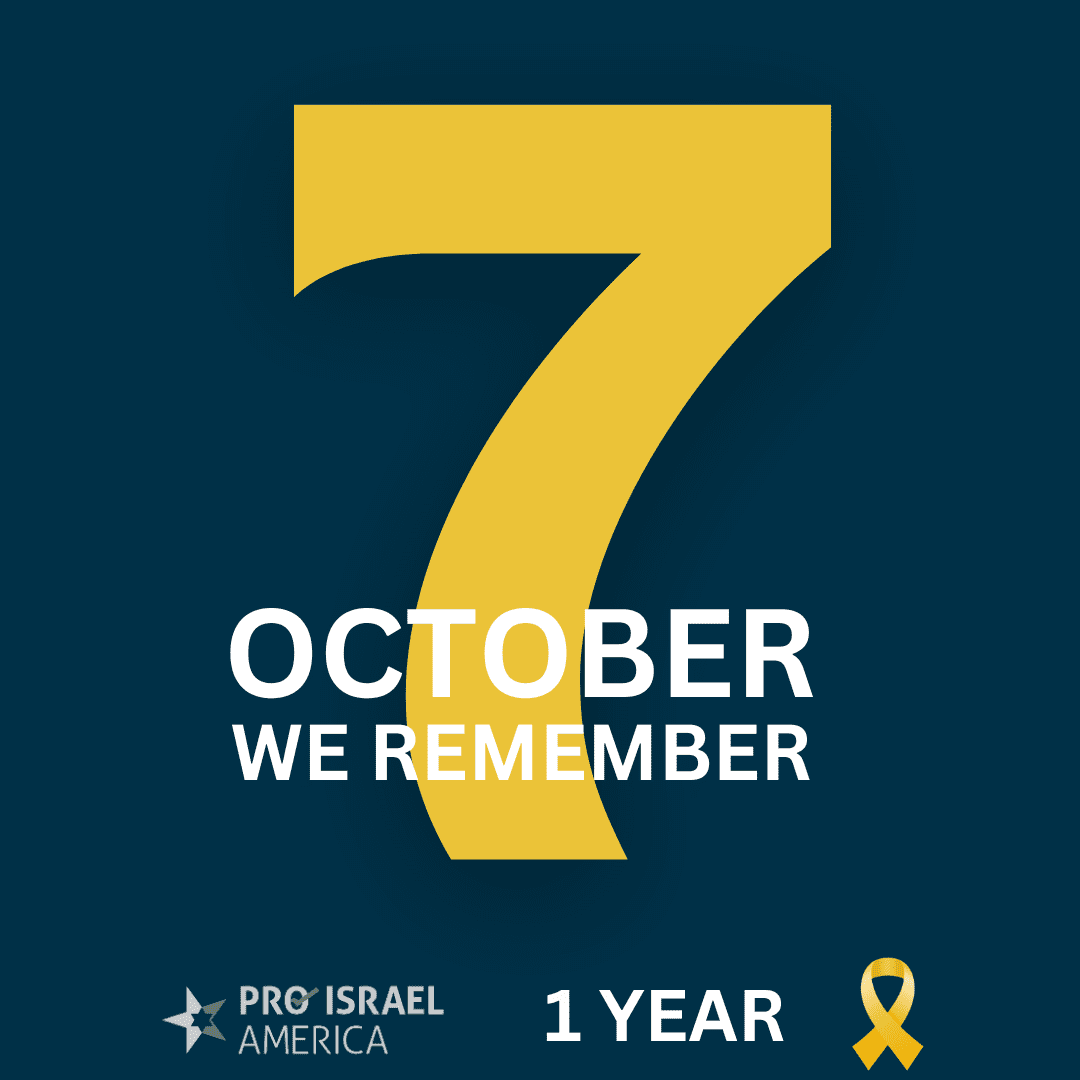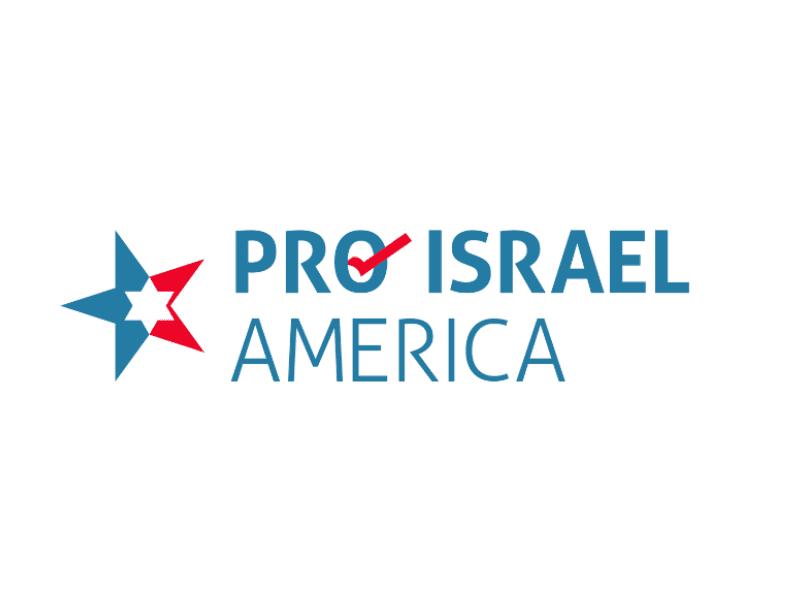Yesterday in Geneva, Switzerland, UN Watch, an organization dedicated to holding the United Nations accountable, convened a landmark international summit aimed at reimagining the future beyond UNRWA. The summit, situated strategically near the International Committee of the Red Cross Headquarters and the UN European headquarters, drew attention to the pressing issues surrounding UNRWA’s operations and the necessity for reform. In the 24 hours leading up to the summit over 100,000 individuals signed a petition to call for an alternative to UNRWA to support peace over terrorism.
Distinguished speakers at the summit included Dennis Ross, Former U.S. Envoy to the Middle East, and Bonnie Glick, former Deputy Director of USAID, along with members of parliaments from Switzerland, Canada, Norway, and the United States, including Congressman Chris Smith and Ritchie Torres. Their presence underscored the global concern and commitment to address the challenges posed by UNRWA.
The discussions at the summit were driven by recent revelations regarding the involvement of UNRWA employees in the October 7th atrocities. Reports indicating that a significant number of UNRWA staff are affiliated with Hamas and Islamic Jihad have sparked outrage and prompted donor states, led by the U.S., to freeze funding to the agency for the first time. This unprecedented action reflects a growing recognition of the deeply troubled nature of UNRWA and its failure to fulfill its mandate effectively.
The summit identified five key areas of concern:
- Parliamentary Pressure: Members of parliament from various countries pledged to unite in pressuring their respective governments to reassess their support for UNRWA and explore alternative approaches.
- Hearings in Parliaments: Efforts will be made to organize hearings in parliamentary bodies, including the European Parliament and the Swiss Parliament, to scrutinize UNRWA’s operations and explore avenues for reform.
- Monitoring Inquiries: Close monitoring of ongoing inquiries, including those conducted by the Office of Internal Oversight Services (OIOS) and an independent review panel, will be crucial to ensuring transparency and accountability within UNRWA.
- Development of Working Groups: Participants with expertise in relevant fields will collaborate to develop actionable strategies for governments to consider alternatives to UNRWA while ensuring that the humanitarian needs of Palestinians are met without perpetuating the conflict.
- Exploring Criminal Accountability: There is a growing call to explore avenues for criminal accountability for individuals within UNRWA implicated in terrorist activities. This includes investigating their knowledge and involvement in incidents such as the construction of terror tunnels and the glorification of terrorism by UNRWA staff.
The summit underscored the urgent need for decisive action to address the systemic issues within UNRWA. Calls for the dissolution of the agency and the exploration of more effective aid mechanisms have gained momentum, with stakeholders emphasizing the importance of ensuring that humanitarian assistance serves its intended purpose without exacerbating conflicts or perpetuating violence.


